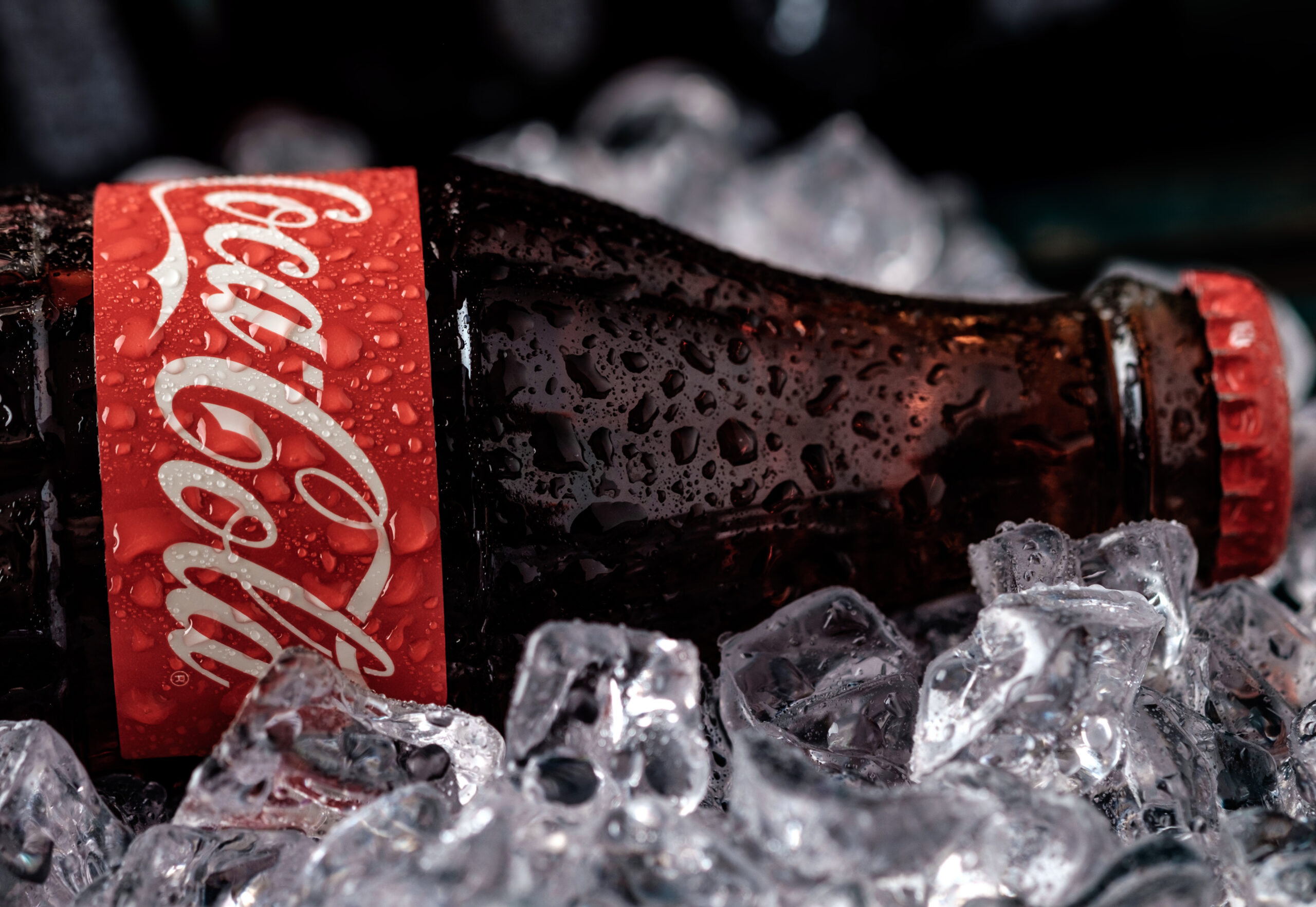President Donald Trump’s latest post on Truth Social lit a fire under Coca-Cola fans across Georgia, promising a return to “REAL Cane Sugar” in Coke sold in the U.S. It’s a move that sounds sweet but stirs a bitter debate about jobs, trade, and what really goes into America’s favorite soda.
🧊 Why It Matters: For many Georgians, Coca-Cola is more than a drink — it’s hometown pride bottled up. A shift back to cane sugar could change the taste and the cost.
🍬 What’s Happening: Trump claims he’s been in talks with Coca-Cola, and the company says new “innovative offerings” are on the way, though details remain vague. The company’s public statements about Trump’s post have stopped just inches short of confirming the claim.
Meanwhile, the Corn Refiners Association warns that ditching high fructose corn syrup could cost American jobs and increase reliance on imported sugar.
- Coca-Cola’s Atlanta headquarters remains tight-lipped beyond a polite nod to Trump’s enthusiasm.
- Corn syrup producers argue that cane sugar imports could hurt U.S. farmers and manufacturers.
- The United States is the world’s largest producer of corn, which is one of the reasons so much food in the U.S. uses corn syrup.
🕵️♂️ Between the Lines: The push for cane sugar is a flashpoint in a larger battle over American agriculture, trade policy, and corporate image. Trump’s intervention taps into a cultural moment where “real” ingredients are a political statement as much as a culinary one.
- High fructose corn syrup is made from U.S.-grown corn, supporting Midwestern farmers.
- Cane sugar is mostly imported, which could shift trade balances and supply chains.
- Trump is using tariffs on imported goods as a government funding solution and may have a vested interest in a soft drink giant switching to an imported sweetener.
🌍 The Big Picture: Coca-Cola’s recipe has long been a symbol of American industry adapting to changing tastes and economics. The soda originally used cane sugar in the United States, but switched over to high fructose corn syrup in the 1980s.
Will this sweet promise turn into a real change, or is it just fizz? Either way, the conversation reveals how a simple soda can carry the weight of identity, politics, and power far beyond the bottle.
How Do You Feel About Coca-Cola’s Possible Switch to Cane Sugar?
🛑 🛑 🛑
Before You Dismiss This Article…
We live in a time when information feels overwhelming, but here’s what hasn’t changed: facts exist whether they comfort us or not.
When A&W launched their third-pound burger to compete with McDonald’s Quarter Pounder in the 1980s, it failed spectacularly. Not because it tasted worse, but because customers thought 1/3 was smaller than 1/4. If basic math can trip us up, imagine how easily we can misread complex news.
The press isn’t against you when it reports something you don’t want to hear. Reporters are thermometers, not the fever itself. They’re telling you what verified sources are saying, not taking sides. Good reporting should challenge you — that’s literally the job.
Next time a story makes you angry, pause. Ask yourself: What evidence backs this up? Am I reacting with my brain or my gut? What would actually change my mind? And most importantly, am I assuming bias just because the story doesn’t match what I hoped to hear.
Smart readers choose verified information over their own comfort zone.

B.T. Clark
B.T. Clark is an award-winning journalist and the Publisher of The Georgia Sun. He has 25 years of experience in journalism and served as Managing Editor of Neighbor Newspapers in metro Atlanta for 15 years and Digital Director at Times-Journal Inc. for 8 years. His work has appeared in several newspapers throughout the state including Neighbor Newspapers, The Cherokee Tribune and The Marietta Daily Journal. He is a Georgia native and a fifth-generation Georgian.


